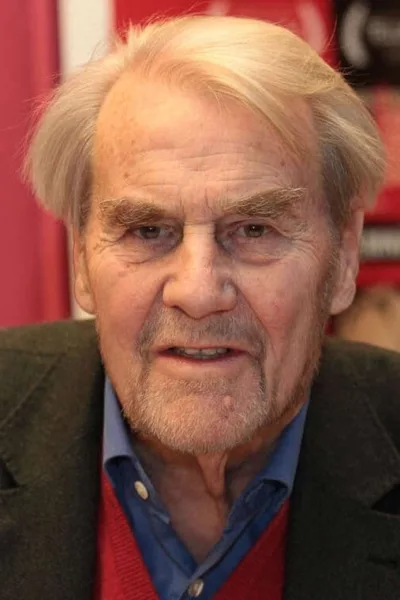Biography
(No Information)
Filmography
all 27
self 26
TV Shows 24
Movies 3
Self - Narrator

Wie starb John F. Kennedy? (1964)
Movie
Self - Host

Weltspiegel (1963)
TV
Information
Known ForActing
GenderMale
Birthday1928-08-09
Deathday2021-10-15 (93 years old)
Birth PlaceHamburg, Germany
ChildrenBoris Ruge, Elisabeth Ruge
CitizenshipsGermany
AwardsBerliner Bär, Bavarian TV Awards, Grimme-Preis, Otto Hahn Peace Medal, Officer's Cross of the Order of Merit of the Federal Republic of Germany, Commander's Cross of the Order of Merit of the Federal Republic of Germany, State Prize of North Rhine-Westphalia, Order of the Lithuanian Grand Duke Gediminas, Alexander Men Prize, Hanns-Joachim-Friedrichs-Award
This article uses material from Wikipedia.
Last updated:
 Gerd Ruge
Gerd Ruge- Filmography
- Information


